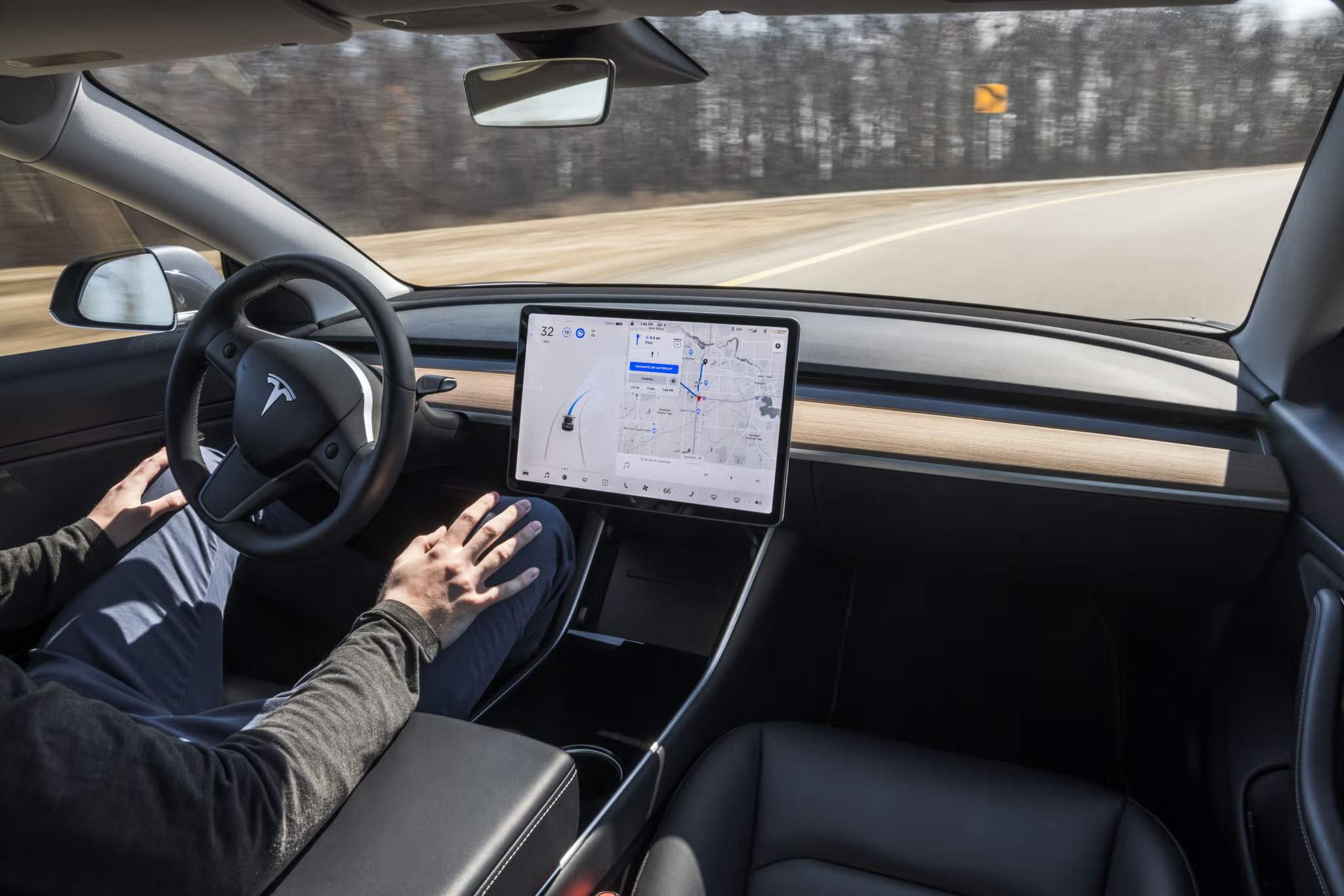Driver-assistance system under scrutiny in Miami courtroom
A federal jury trial has begun in Miami over a 2019 crash involving a Tesla Model S in Key Largo, Florida. The driver, George McGee, had activated the vehicle’s Autopilot system before running a stop sign and crashing into a parked SUV at high speed. The impact killed 22-year-old Naibel Benavides Leon and severely injured Dillon Angulo.
Victims’ families challenge the role of Autopilot
Although McGee admitted to being distracted, plaintiffs argue that the Autopilot system contributed to the fatal incident. They have reached a separate settlement with the driver but are pursuing legal action against Tesla, alleging that the company overstated the capabilities of its technology, which may have encouraged overreliance.
Disputed claims and ongoing investigations
Tesla maintains that its driver-assistance features are effective when used with full driver attention. The company also denies concealing crash data, countering claims that it withheld key information during litigation. Federal regulators have opened investigations into the safety and marketing of Tesla’s Autopilot and Full Self-Driving (Supervised) systems.
Court filings allege the company placed profit and technological advancement above public safety. The presiding judge allowed the case to move forward, stating that a jury could reasonably conclude Tesla acted with disregard for human life.
Outcome could impact future litigation
The trial is expected to last about three weeks. Its outcome may influence how future cases involving advanced driver-assistance systems are handled in U.S. courts, especially regarding product liability and consumer safety expectations.



